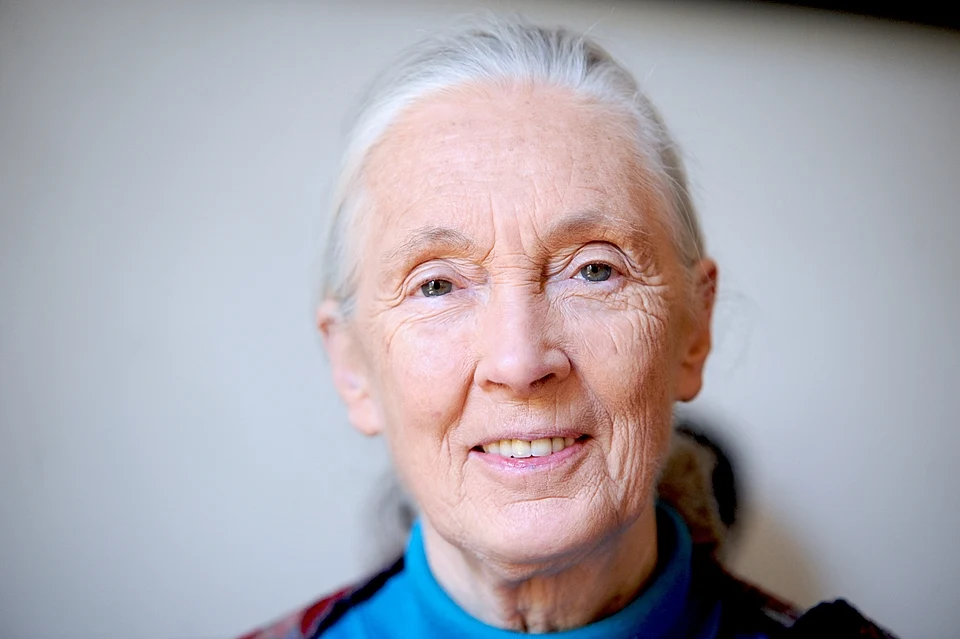Jane Goodall, born on April 3, 1934, in London, England, was a famous wildlife biologist who became well-known for her groundbreaking research on wild chimpanzees in Tanzania. Goodall had a strong interest in animals and the natural world from an early age, and she often imagined what it would be like to live in Africa. At the age of 26, she went on a historic journey to Gombe Stream National Park, where she began studying chimpanzee behaviour.
Unlike other researchers , Goodall studied the chimpanzees’ habitat, observing them in their natural environment rather than in captivity. Her observations showed that chimpanzees have complex social structures that are similar to humans. Her didn’t agree with most scientists of the time, who regarded humans as something special and superior to other species.
In addition to her research, Goodall became a passionate supporter for wildlife conservation and the welfare of animals. She founded the Jane Goodall Institute in 1977, which focuses on wildlife research, education, and conservation efforts. During her later years, Jane Goodall focused on other environmental issues and emphasized the importance of coexisting with all living creatures.
Throughout her career, Goodall received many awards and honours, including being named a UN Messenger of Peace. She is the author of several books, that show what she experienced in life. Until her death at the age of 91, Jane Goodall inspired young and old alike. She pointed out how important it is to feel responsible towards our planet and its inhabitants.

Jane Goodall
Image: Nikeush, CC BY-SA 4.0, via Wikimedia Commons
Words
- award = prize
- behaviour = here: how animals live together, what they do and what they eat
- biologist = a person who studies living things
- captivity = here: in a zoo
- coexist = live together with
- complex = very complicated , not simple
- effort = here: her activities
- emphasize = to say that something is important
- environmental issues = the problems of our environment, nature, and the world we live in
- experience = the things and events you have gone through
- found-founded = to start something
- groundbreaking = here: to discover many new things that are important
- habitat = the natural place where people or animals live
- in addition = also
- inhabitants = here: people, animals, plants
- inspire = to make you feel something special
- journey = trip
- natural environment = the area where animals live in nature
- passionate = to have very strong feelings for …
- regard = think of something as …
- research = here: to study something in order to find out new facts
- scientist = a person who is trained in science and works in a lab
- similar = like
- species = group of animals or plants that live together and produce young ones
- superior = here: better
- supporter = here: someone who likes a group’s ideas
- throughout = in all of
- unlike = not like
- welfare = health and happiness
- wildlife conservation = to protect animals and their living areas